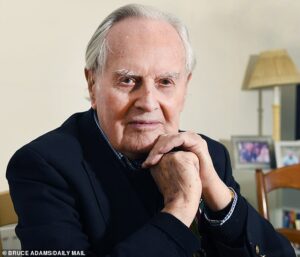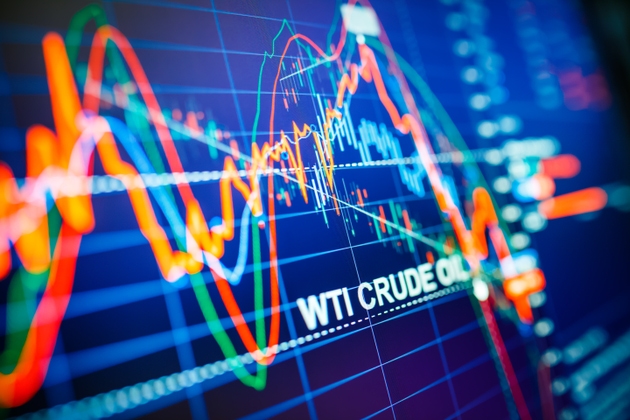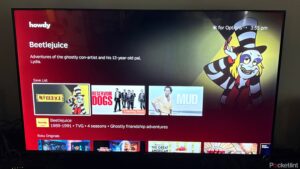
Image source: Vodafone Group plc
On 18 January 2000, the BBC reported that Vodafone (LSE:VOD) shares had surged 6.7% on optimism that the group was going to be successful in its £79bn takeover bid for Mannesmann, a German conglomerate with a significant telecoms business.
This pushed the group’s stock market valuation to £109.1bn, which was enough to lift it above BP. Just 15 years after it was formed, it had become the UK’s most valuable company. How times have changed. Today (20 August), it’s the 31st biggest.
But its remarkable growth story didn’t end there. The company went on to complete the takeover and, at one point, was the world’s fourth-largest listed business.
Now, Vodafone has a market cap of £21.1bn. This means a £10,000 investment made at the turn of the century would now be worth £1,934. Of course, this ignores the value of any dividends received.
However, it’s the future that really matters. And although I don’t see it becoming the FTSE 100’s most valuable company again, I think there’s some evidence to suggest its turnaround plan is starting to work.
Looking ahead
To help combat falling return on capital, Vodafone’s been selling off various underperforming divisions and non-core assets. The intention is to create a leaner, more efficient, group. Most of the cash received from these disposals has been used to pay down its debt as it’s targeting a leverage ratio of 2.25-2.75 times EBITDAaL (earnings before interest, tax, depreciation and amortisation, after leases). This is in line with other telecoms groups that have also had to borrow heavily to pay for their expensive networks and licences.
And I thought its results for the quarter ended 31 March were encouraging. Looking back over the past five quarters, group service revenue grew at its fastest rate. Africa (especially Egypt) and Türkiye are doing particularly well and its commercial division is performing strongly.
In June, it received regulatory approval to merge its UK business with Three.
More work to be done
But analysts appear to be more cautious than me. Their average 12-month price target is 77.7p suggesting the group’s shares are presently 11% overvalued.
They could be concerned that revenue in Germany is continuing to fall. This remains the group’s largest market – acquired as part of the Mannesmann deal – and it has been badly affected by a change in the law, restricting the bundling of contracts in apartment blocks.
Or they might want to see further evidence that it can grow again. For the year ending 31 March 2026 (FY26), the group’s predicting EBITDAaL of €11bn-£11.3bn and adjusted free cash flow of €2.6bn-€2.8bn. These are very similar to its FY25 numbers and not typical of the growth expected from a FTSE 100 company.
My view
But I think it’s going in the right direction. Since February, its share price has risen by more than a third.
Despite its recent woes, it retains a valuable brand that churns out around €2.5bn of free cash annually. And even though its dividend was cut by 50% earlier this year, it’s still high enough to put it in the top quarter of FTSE 100 yielders. Also, as a service provider, it’s likely to emerge relatively unscathed from a global trade war.
That’s why I believe it’s a stock to consider.









